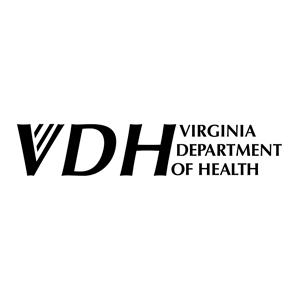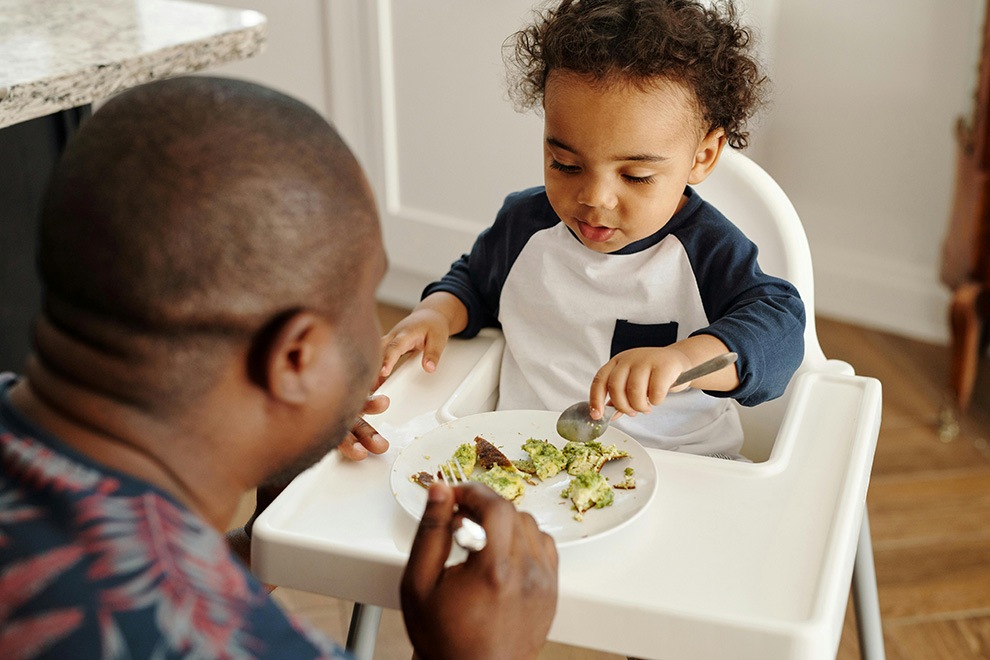Decades after it was declared a major threat to wellness, exposure to lead is still the number one environmental health hazard for small children, and is entirely preventable. There is no safe lead level, so parents should always ask their healthcare provider for their child’s lead level. Emphasis should be placed on the prevention of lead exposure by talking to your child’s doctor about possible lead exposure risks, having the child’s environment tested for lead, and removing identified lead hazards in the child’s environment before a child is exposed.
Evidence has shown that children with low-level chronic lead exposure may have more negative and irreversible health issues than children with a single incidence of high-level exposures. If you have children under the age of three, they are especially vulnerable to the effects of lead, as normal hand-to-mouth activities may result in easier lead absorption. Because lead competes with iron and calcium for absorption, feeding your children a healthy low-fat diet including calcium and iron-rich foods makes their bodies less likely to absorb lead. Lead absorption can damage many organs, especially the nervous system, brain, and kidneys. It can interfere with normal brain development, causing reduced IQ, learning disabilities, behavior issues, and hearing problems. Research has shown that lead exposure impacts learning and educational outcomes with regard to lower grade-level reading scores and higher high school dropout rates.
The good news is lead exposure is entirely preventable, and parents can take steps to protect their children. The most important way to reduce your child’s exposure to lead hazards is to have your house evaluated for lead hazards prior to renting or purchasing it. The largest source of childhood lead exposure is the dust from paint in houses built before 1978, which is the year lead paint was banned. However, houses built before 1960 are more likely to have paint with a high lead content. Lead dust forms when painted surfaces are rubbed together, such as when windows or doors are opened or closed, or when surfaces are scraped or sanded during renovations. Precautions such as replacing old windows, using wet cleaning methods and HEPA vacuum cleaners, washing your child’s toys and pacifiers frequently, keeping bare soil covered with mulch, taking your shoes off when entering the home, are all important ways to prevent lead dust exposure in small children. Remember pets can collect lead dust and expose your child to the dangers of lead poisoning, as well as being exposed themselves. Less frequently, exposures can occur from using medical folk remedies such as azarcon, greta, or pay-loo-ah, or allowing your child to be around imported ceramics, toys, or jewelry, and kohl, kajal, and surma eye cosmetics imported from Mexico, Asia, Africa, India, Pakistan, or the Middle East.
If you are planning any renovations, make sure the renovator you choose is certified by the EPA before signing any contract. If your plan is to permanently remove identified lead hazards from your house, make sure your contract states this, and verify the lead abatement firm is licensed by the Department of Professional and Occupational Regulation. For questions or assistance, visit vdh.virginia.gov/leadsafe/ publications or call the toll-free lead information line: 1-877-668-7987.
_________________________________________________________
 If you are planning any renovations, make sure the renovator you choose is certified by the EPA before signing any contract by checking this link: http://cfpub.epa.gov/flpp/searchrrp_firm.htm If your plan is to permanently remove identified lead hazards from your house, make sure your contract states this, and verify the lead abatement firm is licensed by the Department of Professional and Occupational Regulation at this link: http://www.dpor.virginia.gov/LicenseLookup
If you are planning any renovations, make sure the renovator you choose is certified by the EPA before signing any contract by checking this link: http://cfpub.epa.gov/flpp/searchrrp_firm.htm If your plan is to permanently remove identified lead hazards from your house, make sure your contract states this, and verify the lead abatement firm is licensed by the Department of Professional and Occupational Regulation at this link: http://www.dpor.virginia.gov/LicenseLookup
For more information please visit the Lead-Safe Virginia website at: http://www.vdh.virginia.gov/leadsafe
Educational materials can be ordered online or downloaded at the link: http://www.vdh.virginia.gov/leadsafe/publications.htm
For questions or assistance, the program’s
toll-free lead information line is 1-877-668-7987.





